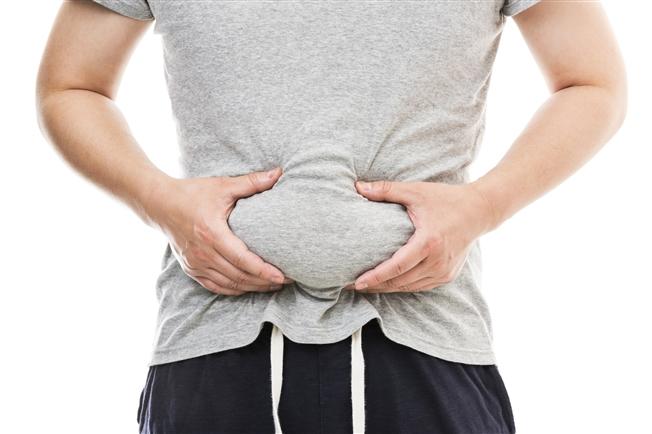BOD-ities: What’s the deal with “dad bod”—and how can I avoid it?

"Dad bod" is a recent addition to our vocabulary, a reference to the weight gain that commonly occurs as men approach middle age. So what is dad-bod and do you have it?
First, it's important to clarify that of course your body is going to change as you age—and there's nothing wrong with that. Whatever your gender, and whether you're a dad or not, it gets harder to keep weight off and build or maintain muscle as you age.
In your college years, you may have had a metabolism that could keep up with your appetite. In your twenties, you may have been a bachelor and had the time to keep up with a consistent running routine. But life happens, and when family and work commitments start to pile up, fitness takes a back seat.
That's where dad bod comes in.
You probably have dad bod if:
- Your pants don't fit comfortably like they used to
- You have a hard time bending over to touch your toes
- You aren't able to see your toes
- Your belly sometimes feels "in the way"
- You have "love handles" (fatty waist that gets squeezed by the waistband of pants)
"For most men, it starts with weight gain in the abdominal area—either in the belly or on the side of your waist," explains Adam McGonigle, MD, a primary care physician at Main Line HealthCare Adult Medicine in Bryn Mawr, part of Main Line Health. "This type of fat that gathers in the abdominal area is called visceral fat, which can contribute to a variety of health issues."
Visceral fat can contribute to:
- Sleep apnea
- High blood pressure
- High cholesterol
- Insulin resistance
- Heart disease
- Certain cancers
Dad bod a/k/a beer belly, with good reason
An earlier nickname for the 'dad bod'—as it's now known—might be the 'beer belly,' and with good reason.
One of the main causes for visceral fat is alcohol consumption. Cutting back on the number of drinks you have can benefit your health in many ways. One of the most immediate improvements may be noticing your pants are a little looser!

Additional ways to improve dad-bod include:
Upping your activity levels.
If your schedule doesn't allow for hours in the gym, find ways to work activity into every day and make an effort to devote time to strength training. You should aim for 150 minutes of moderately intense exercise per week. (Broken down, that's only about a half hour a day!) Even though the benefits might not be as immediate as they once were, diet and exercise are still the best ways to manage your weight and minimize belly fat.
Eating "well."
Eat a nutritious diet that's low in saturated fats (fatty animal products and processed foods like packaged snacks) and red meat, and focus on produce, whole grains and protein. Try to curb late-night snacking, too; snacking late at night affects insulin levels and fat deposition.
Getting some zzzzs.
Finally, don't overlook the importance of a regular sleep schedule. Sleep deprivation can affect the hormones that regulate your appetite. Being constantly overtired is part of the recipe for gaining weight.
If you're having trouble losing weight or you have a significant amount of weight to lose, talk to your primary care provider. They can help you set a reasonable weight loss goal, answer your questions about exercise and nutrition, and connect you with a specialist for additional support, if you need it.
 Content you want, delivered to your inbox
Content you want, delivered to your inbox
Want to get the latest health and wellness articles delivered right to your inbox?
Subscribe to the Well Ahead Newsletter.
